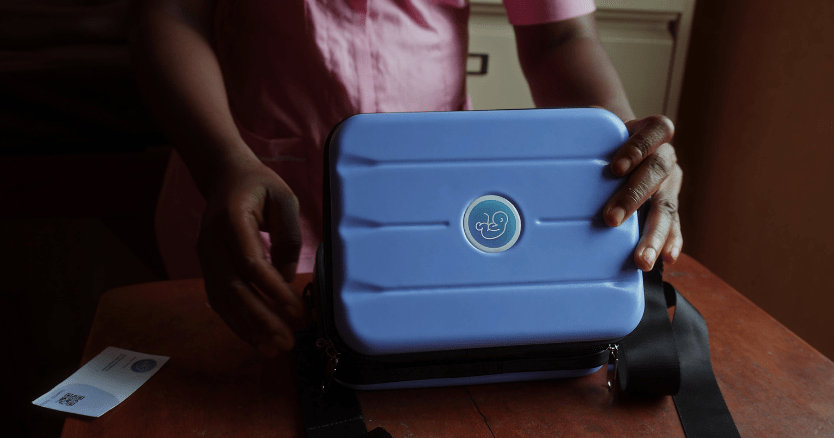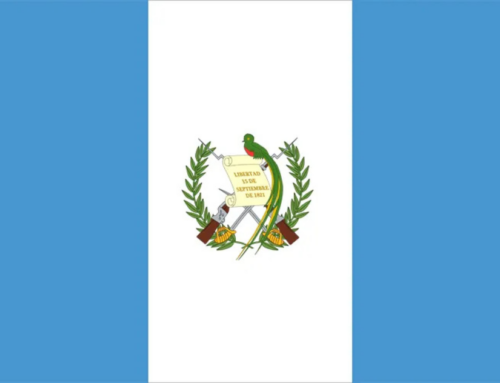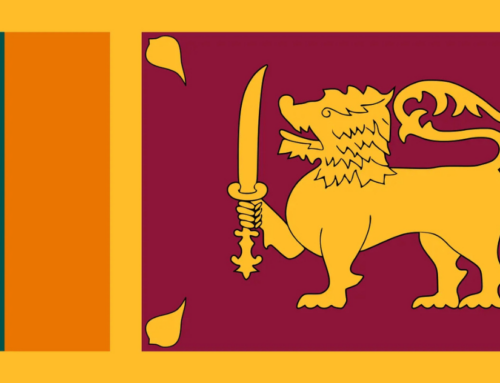Our projects in lung health
Approximately 24,000 people have developed TB in Sierra Leone, one of the highest TB burden countries. Not only are 2600 among those diagnosed children but an additional 6,449 people with TB are estimated to be missing.
Sierra Leone understands that early screening is critical to staying ahead of the curve.
Delft Imaging’s work in Sierra Leone has been an intensive one. In 2018, the IDA Foundation, funded by the Global Fund, installed 12 EasyDR at Connaught and 10 district hospitals. Delivered by us, these multi-functional digital X-ray systems were fully solar-powered and included charging batteries that allowed 4-6 hours of operation in case of grid failure.
Additionally, we have supplied two portable X-ray systems for active TB case finding. These are powered by CAD4TB, the artificial intelligence software that detects TB-related abnormalities on chest X-rays. Subsequently, these images can be moved to a central archive using teleradiology, bringing remote expertise to local doctors.
The Government of Sierra Leone has a 5-year maintenance contract with us and our in-country local partner for all systems.
Furthermore, in 2021, we delivered another multi-functional EasyDR X-ray system to a hospital in Sierra Leone, supported by a local NGO.
Then, in 2022, we delivered a Delft Ultra, an ultra-portable X-ray solution, to an implementation organisation within the country. The Delft Ultra was delivered with the CAD4TB software, and installation and training services were performed accordingly.
Our projects in maternal health
Sierra Leone continues to face one of the highest maternal mortality rates in the world, with 354 deaths per 100,000 live births in 2023. Although this represents a significant improvement from previous decades, down from over 1,500 deaths per 100,000 live births in 2000, the burden on maternal health services remains substantial. Limited access to skilled birth attendants and diagnostic tools in remote regions underscores the urgent need for sustainable maternal health interventions.
Delft Imaging is committed to advancing maternal health in Sierra Leone through BabyChecker. The first BabyChecker deployment in Sierra Leone began in 2020 at Lion Heart Medical Center. The implementation compared scans performed by trained midwives using BabyChecker with standard ultrasounds performed by a doctor. The project demonstrated strong clinical relevance and local acceptance.
In 2022 and 2023, some BabyChecker units were delivered to healthcare centers across the country to support routine antenatal screening. In 2023, public health students from the Royal Tropical Institute (KIT) conducted an independent study across seven facilities in the Tonkolili District. The study involved 81 healthcare workers and over 2,300 scans. Results showed that 83 percent of the scans met quality criteria, and BabyChecker was user-friendly, acceptable to staff, and feasible to integrate into existing antenatal services.
Making a difference
Lung health
In 2018 and 2019, August and February, respectively, Delft organised two-day IT training sessions. They were arranged for the IT officers of Sierra Leone’s EasyDR X-ray Project, wherein participating hospitals received EasyDRs equipped with CAD4TB and PACS software. Delft Imaging also provided a Chest X-ray Reading Course for doctors and physician assistants at Freetown’s main hospital in 2021.
Maternal health
At the 2024 BabyChecker webinar, Karlin Bacher, Director of Clinical Quality Improvement at Jericho Road Community Health Center, and Irene de Vries, maternal and newborn advisor at KIT Royal Tropical Institute, addressed the broader impact of AI in maternal health. Irene’s presentation, “Beyond Medical Effectiveness: What Patients, Providers, and Health Systems Need,” focused on aligning digital health interventions like BabyChecker with patient expectations and system readiness. Karlin reinforced these themes by highlighting the need for clinical validation and local adaptation when scaling innovations in maternal care in his presentation “Using Technology to Leapfrog Gaps Present in Global Health.”
Amie Lompri Koroma, Program Director at the White Ribbon Alliance in Sierra Leone, presented the findings from a usability study conducted in Tonkolili. Her presentation, “Exploring Experiences with Smartphone AI in Fetal Ultrasound: A Study from Tonkolili, Sierra Leone,” detailed the experiences of 45 pregnant women and 10 midwives using BabyChecker during routine antenatal care. The study found that 100% of the women would recommend BabyChecker to others, and 80% of midwives felt confident using it after training. The results underscored BabyChecker’s practicality and acceptance in rural clinics and its role in strengthening maternal care access in Sierra Leone.






